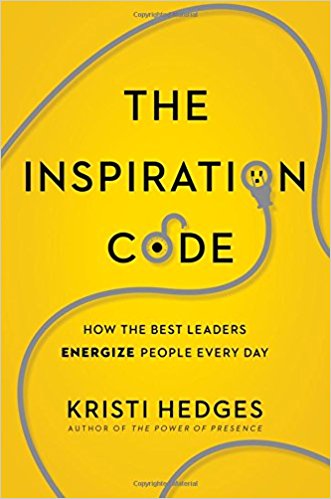A Syrian refugee family in the Azraq camp, northern Jordan
Picture: Russell Watkins/DFID
When we see Syrians on the news, we see them as refugees fleeing a war that has turned their country upside down, and killed their relatives and friends. They're no longer human beings. They've become talking points and statistics.
Wendy Pearlman's We crossed a Bridge and It Trembled tells the story of hundreds of Syrians by interviewing them. This first-hand accounting of their experiences before, during and after the Syrian Revolution, sheds a significant light on the plights of the interviewees who are from various social and economic backgrounds. They've lived through devastation and horror, and all they want is to live like human beings: free and with dignity.
In her Introduction, Ms. Pearlman wrote, "Politicians and commentators throughout the world talk about Syrians as victims to be pitied, bodies to be sheltered, radicals to be denounced, or threats to be feared and blocked. In the whirlwind of words spoken about Syrians as a global problem, it can be difficult to find chances to listen to actual Syrians, as humans beings.”
But Ms. Pearlman listened.
The stories are arranged chronologically and is a great read for the uninformed and the misinformed. It always breaks my heart to see the images and videos out of Syria. Who can forget three-year-old Alan Kurdi laying facedown on a beach? This book will make you cry. It will make you understand. It will make you a more compassionate person. We've become immune to the hate and struggles of our fellow man. It's time to change that, and this book is a good start.
It will show you that Syrians are more than numbers. They're our sons and daughters, brothers and sisters, mothers and fathers.
We Crossed a Bridge and It Trembled: Voices from Syria
By: Wendy Pearlman
Reminiscent of the work of Nobel Prize winner Svetlana Alexievich, an astonishing collection of intimate wartime testimonies and poetic fragments from a cross-section of Syrians whose lives have been transformed by revolution, war, and flight.
Against the backdrop of the wave of demonstrations known as the Arab Spring, in 2011 hundreds of thousands of Syrians took to the streets demanding freedom, democracy and human rights. The government’s ferocious response, and the refusal of the demonstrators to back down, sparked a brutal civil war that over the past five years has escalated into the worst humanitarian catastrophe of our times.
Yet despite all the reporting, the video, and the wrenching photography, the stories of ordinary Syrians remain unheard, while the stories told about them have been distorted by broad brush dread and political expediency. This fierce and poignant collection changes that. Based on interviews with hundreds of displaced Syrians conducted over four years across the Middle East and Europe, We Crossed a Bridge and It Trembled is a breathtaking mosaic of first-hand testimonials from the frontlines. Some of the testimonies are several pages long, eloquent narratives that could stand alone as short stories; others are only a few sentences, poetic and aphoristic. Together, they cohere into an unforgettable chronicle that is not only a testament to the power of storytelling but to the strength of those who face darkness with hope, courage, and moral conviction.







